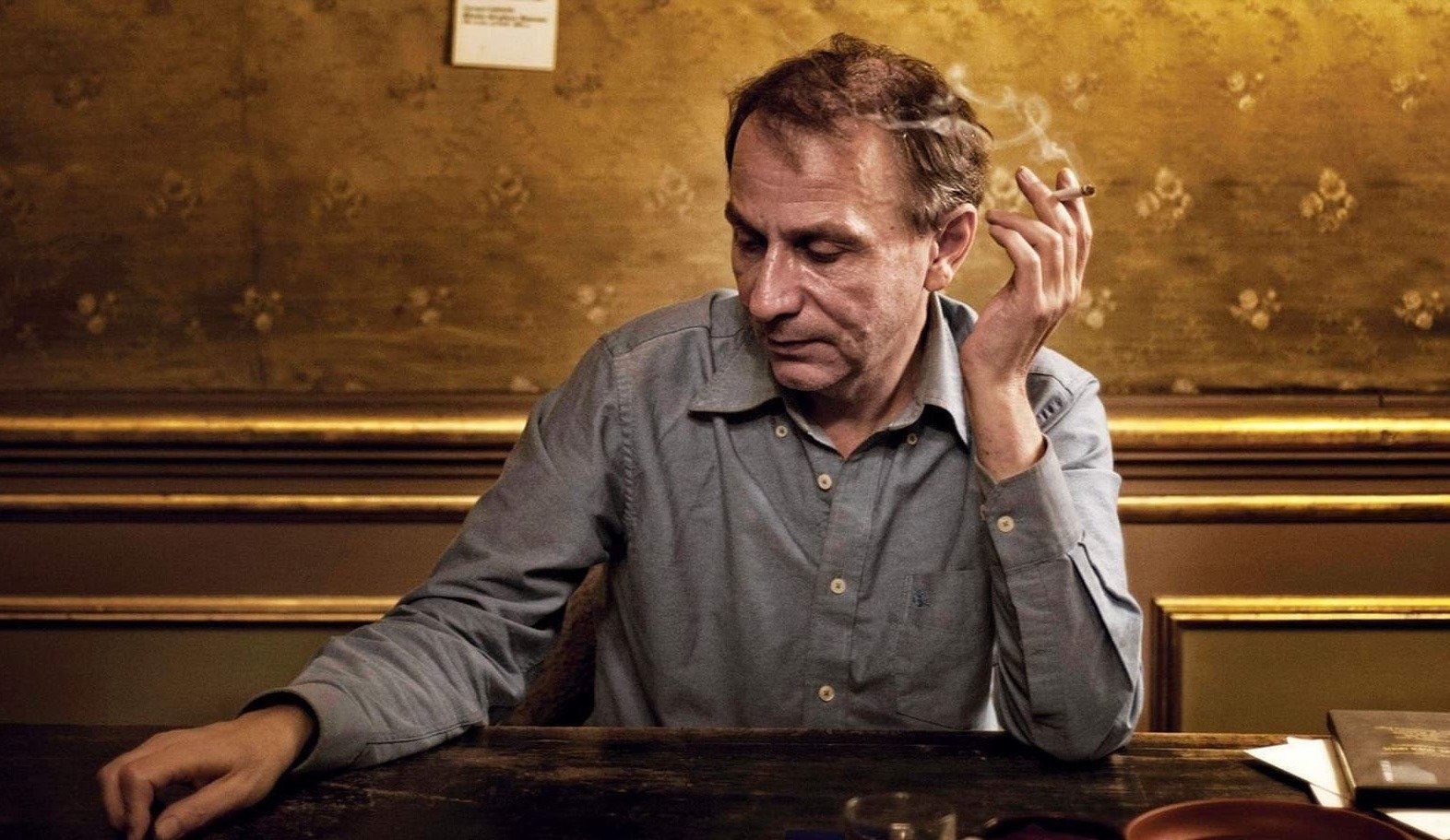On this day ten years ago Islamist terrorists entered the offices of Charlie Hebdo in Paris and massacred its staff. The killers were two brothers who claimed allegiance to al-Qaeda. Their stated reason for the slaughter was the offense they took at the satirical magazine’s publication of images of the prophet Muhammad. They murdered twelve innocents and injured eleven. Two days later, after a brief manhunt, the killers were themselves killed by French authorities.
Login to read more
Sign in or create a free account to access Subscriber-only content.
Topics:
